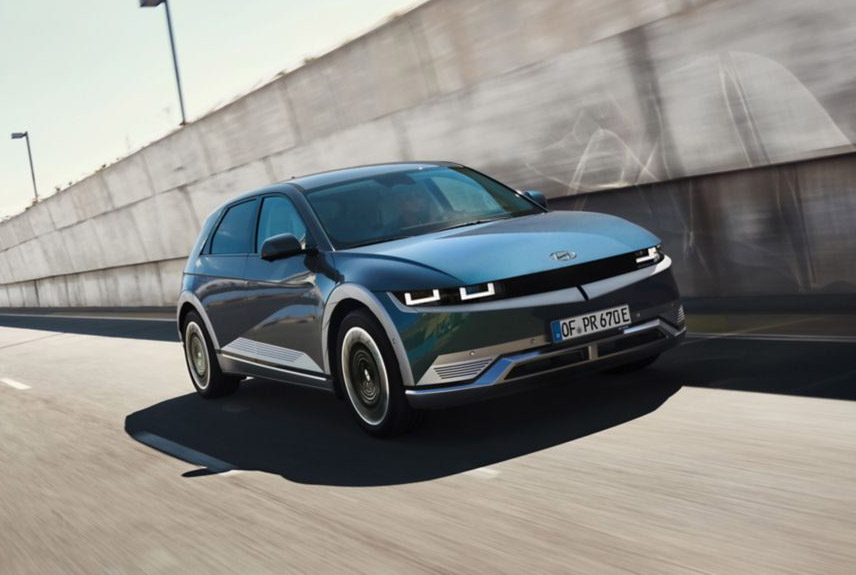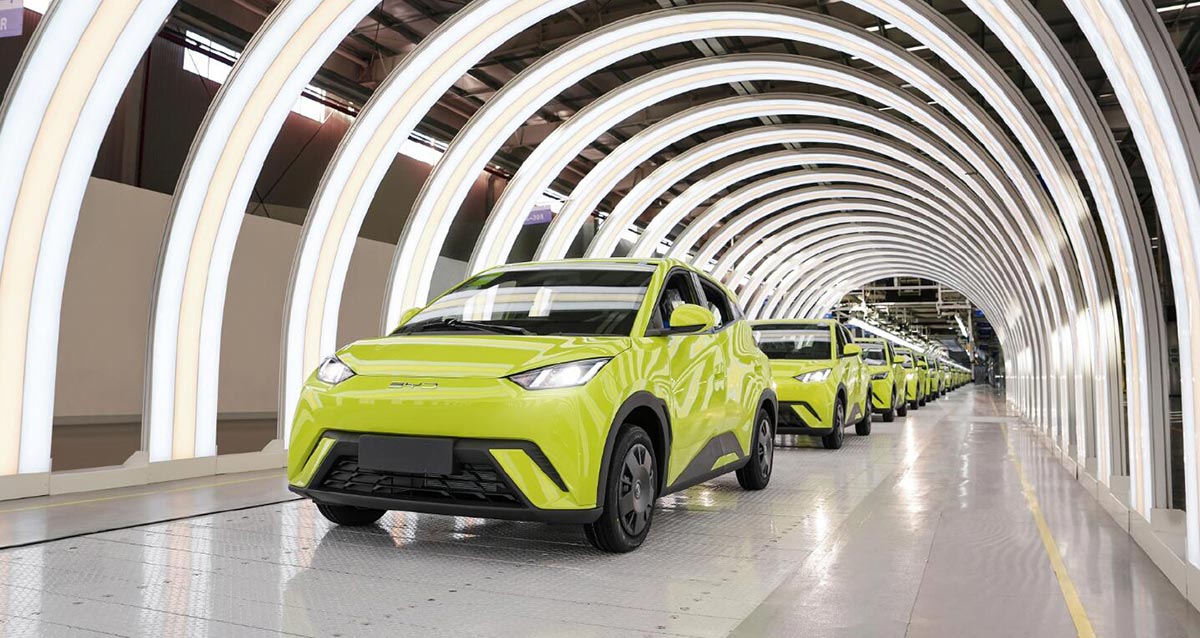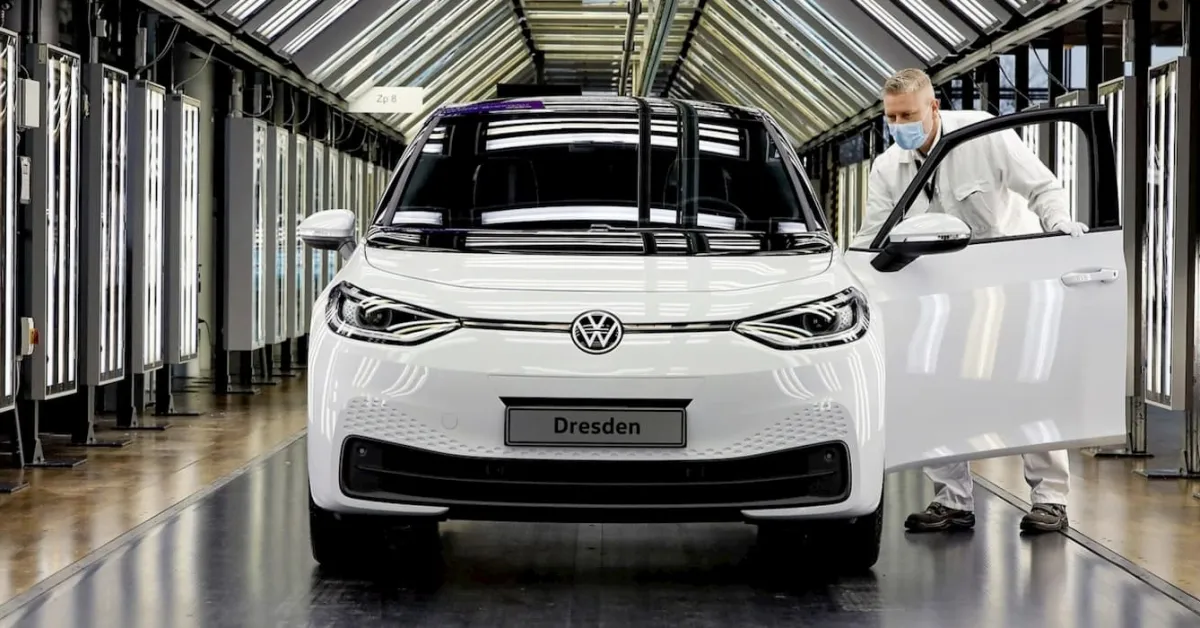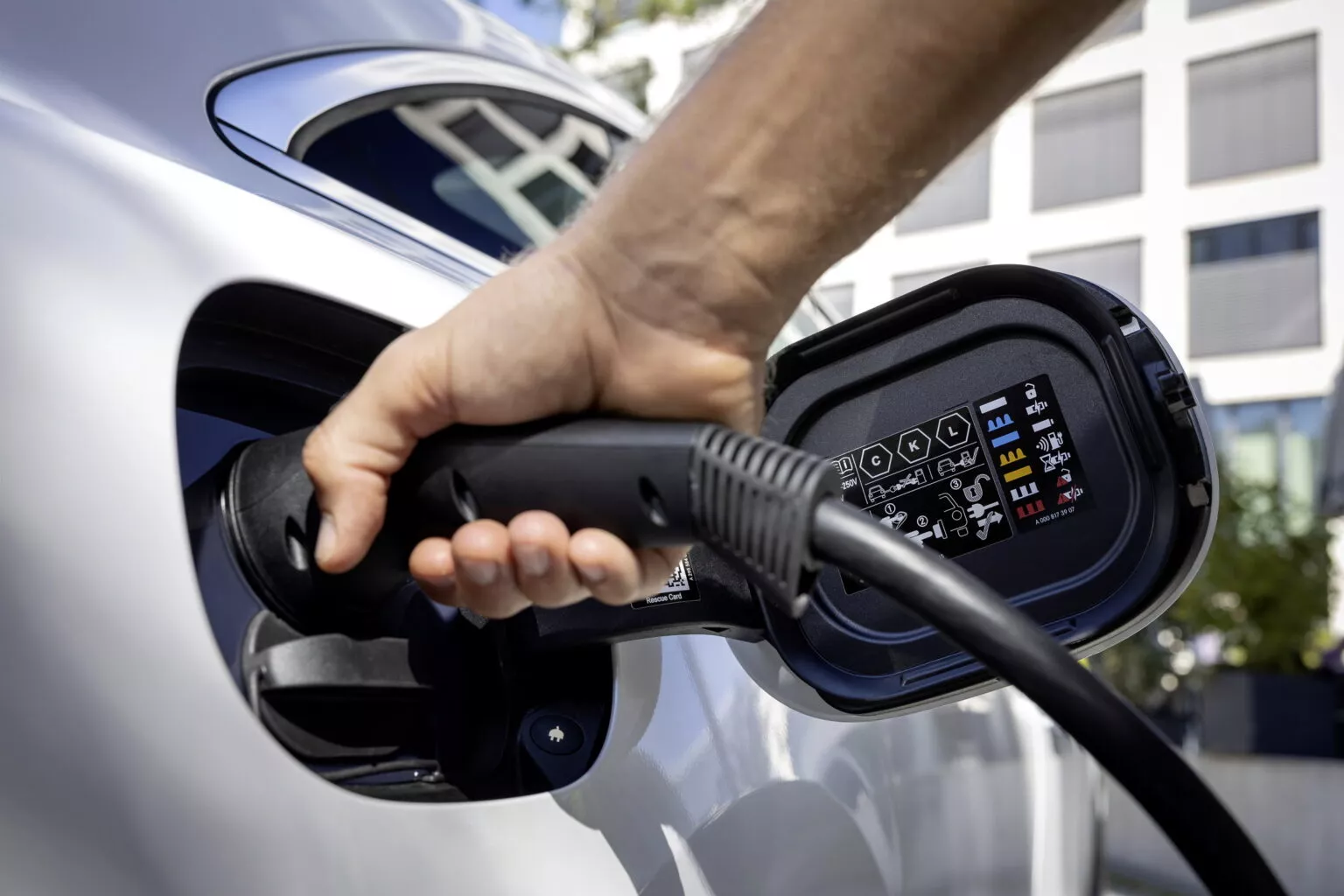The number of battery-electric cars registered in Germany surged by 39.1 percent to reach 1.4 million in 2023, according to the latest data from the Federal Motor Transport Authority (KBA). In comparison, the number of hybrid cars now stands at 2.9 million.
However, registrations for diesel and petrol cars experienced a slight decline, with diesel down 2 percent and petrol down 1.1 percent. Fossil fuels still power approximately 44.4 million passenger vehicles on German roads.
See also: Tesla Leads Canadian Zero-Emission Vehicle Market in 2023, Despite Overall Drop in Share
Germany has a total of 49.1 million registered passenger cars, with nearly half falling into the Euro 6 emission class, which is the latest standard for new car emissions and is required for diesel vehicles in several clean air zones.
The KBA’s data also highlighted that heavy SUVs with high fuel consumption were the fastest-growing vehicle segment in Germany. Greenpeace transport expert Benjamin Stephan commented on the figures, calling them “a wake-up call.” He criticized the government for dropping subsidies for electric cars while maintaining subsidies for heavy, climate-damaging combustion engines.
Despite the increase in registered electric cars, Germany’s transition to electric vehicles slowed in 2023 compared to the previous year, according to KBA data on new registrations released in January. Analysts attributed this slowdown to the discontinuation of state subsidies.







